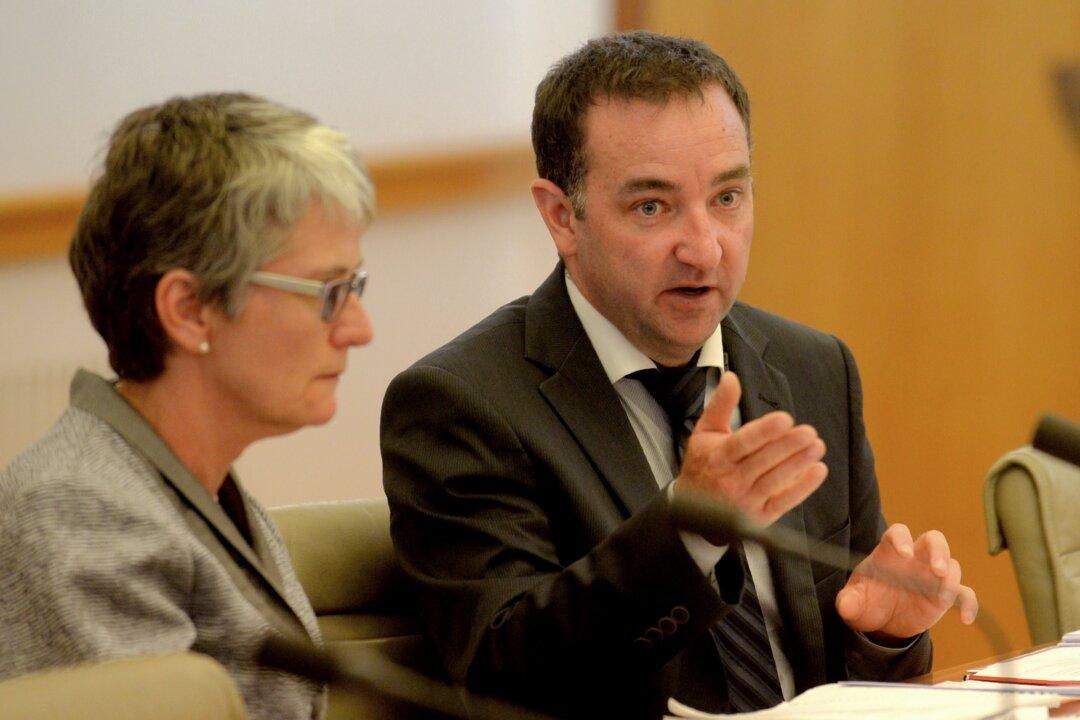In light of Julian Assange’s release, an intelligence watchdog has called for urgent changes to the nation’s secrecy laws to protect journalists and whistleblowers handling sensitive information.
Jake Blight, Australia’s Independent National Security Legislation Monitor and one of Australia’s most experienced national security lawyers, stated that unclear regulations can negatively affect the role of a free press.





